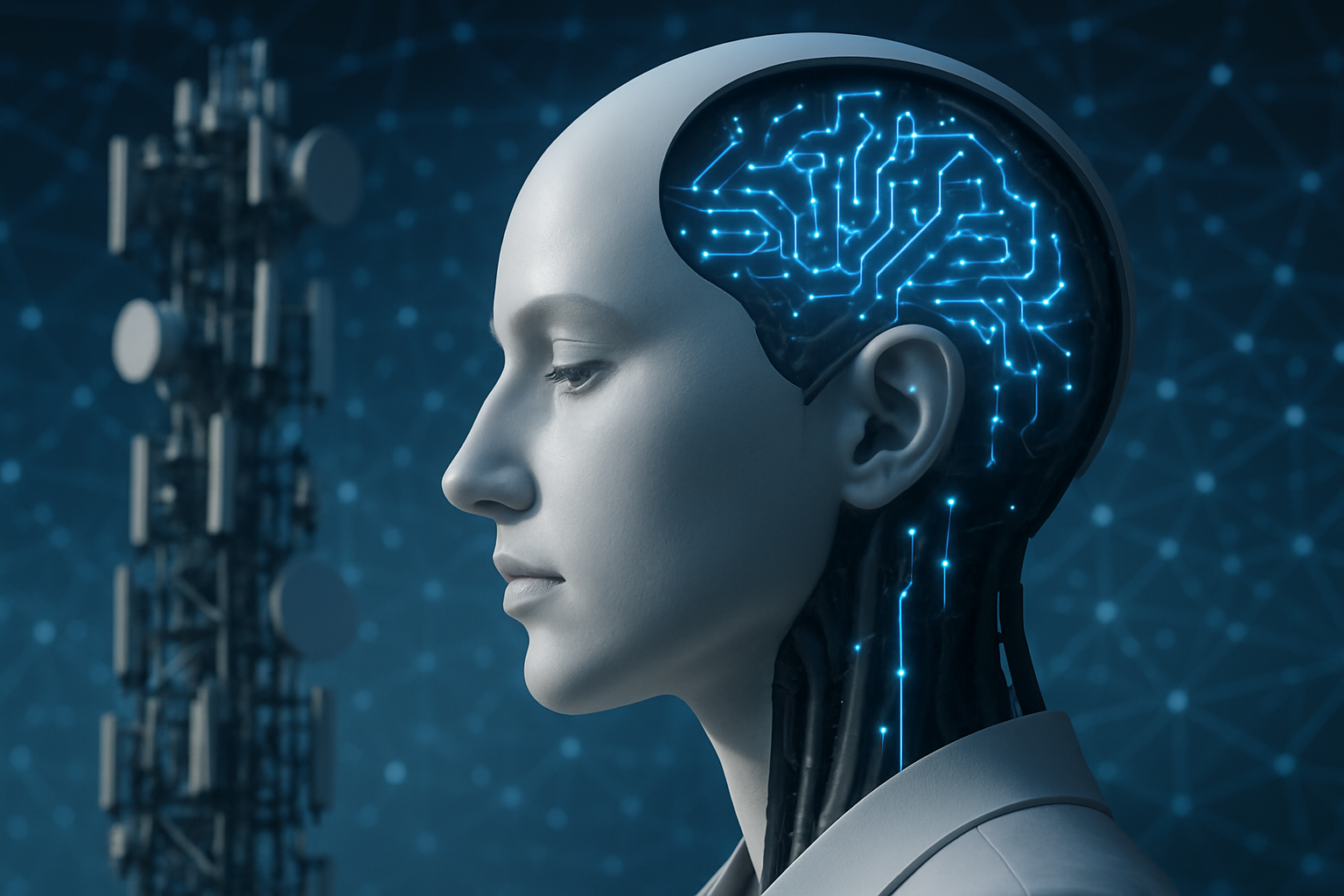Exploring AI Agents
AI agents represent a transformative leap in artificial intelligence technology, functioning as autonomous systems capable of perceiving their environment, making decisions, and taking actions to achieve specific goals. These sophisticated programs are revolutionizing industries from customer service to healthcare by automating complex tasks that traditionally required human intervention. Understanding the various types and capabilities of AI agents has become essential for businesses and individuals looking to harness the power of modern automation technology.

AI agents have emerged as one of the most significant developments in artificial intelligence, fundamentally changing how we approach automation and decision-making processes. These intelligent systems operate independently, using advanced algorithms to analyze data, learn from experiences, and execute tasks with minimal human oversight.
Understanding AI Agent Types
The landscape of AI agents encompasses several distinct categories, each designed for specific applications and environments. Reactive agents respond to immediate stimuli without maintaining internal memory, making them ideal for real-time applications like gaming or simple automation tasks. Deliberative agents, conversely, maintain internal models of their environment and can plan future actions based on goals and current knowledge.
Model-based agents utilize internal representations of their world to make informed decisions, while utility-based agents evaluate different outcomes to maximize their performance according to predefined criteria. Learning agents represent the most advanced category, continuously improving their performance through experience and adaptation.
New AI Agent Insights
Recent developments in AI agent technology have introduced groundbreaking capabilities that extend far beyond traditional automation. Modern agents now incorporate natural language processing, computer vision, and machine learning to handle complex, multi-step processes that previously required human expertise.
Conversational AI agents have become particularly sophisticated, capable of understanding context, maintaining coherent dialogues, and even exhibiting personality traits. These agents are transforming customer service, education, and healthcare by providing personalized, intelligent interactions that adapt to individual user needs.
The integration of large language models has enabled AI agents to process and generate human-like text, making them valuable for content creation, analysis, and communication tasks. This advancement has opened new possibilities for automated writing, research assistance, and creative collaboration.
Exploring AI Agent Applications
AI agents are finding applications across virtually every industry, demonstrating remarkable versatility and effectiveness. In healthcare, diagnostic agents analyze medical images and patient data to assist physicians in identifying conditions and recommending treatments. Financial institutions employ trading agents that monitor market conditions and execute transactions based on complex algorithms.
Manufacturing environments utilize robotic agents for quality control, predictive maintenance, and supply chain optimization. These systems can identify defects, predict equipment failures, and optimize production schedules with precision that surpasses human capabilities.
Smart home technologies represent another rapidly growing application area, where AI agents manage energy consumption, security systems, and household appliances based on user preferences and behavioral patterns.
| Agent Type | Primary Function | Key Capabilities |
|---|---|---|
| Conversational Agents | Customer Service | Natural language processing, context awareness |
| Robotic Process Automation | Task Automation | Workflow execution, data processing |
| Recommendation Engines | Content Curation | Pattern recognition, personalization |
| Autonomous Vehicles | Transportation | Computer vision, real-time decision making |
| Trading Bots | Financial Operations | Market analysis, risk assessment |
Implementation Challenges and Considerations
Despite their impressive capabilities, AI agents face several implementation challenges that organizations must address. Data quality and availability remain critical factors, as agents require comprehensive, accurate information to function effectively. Privacy and security concerns also play significant roles, particularly when agents handle sensitive personal or business data.
Ethical considerations surrounding AI agent decision-making have become increasingly important as these systems gain autonomy. Organizations must establish clear guidelines for agent behavior and ensure transparency in their decision-making processes.
Integration with existing systems often presents technical challenges, requiring careful planning and potentially significant infrastructure modifications. Training and maintenance requirements also demand ongoing attention and resources.
Future Developments in AI Agent Technology
The future of AI agents promises even more sophisticated capabilities and broader applications. Researchers are developing multi-agent systems where multiple AI agents collaborate to solve complex problems, potentially revolutionizing fields like scientific research and urban planning.
Advancements in quantum computing may enable AI agents to process information at unprecedented speeds, opening new possibilities for real-time analysis and decision-making in complex environments. Edge computing integration will allow agents to operate more efficiently in distributed systems with reduced latency.
The development of more general-purpose AI agents that can adapt to various tasks without extensive retraining represents a significant goal for the industry. These versatile systems could dramatically reduce implementation costs and expand accessibility to smaller organizations.
AI agents continue to evolve rapidly, driven by advances in machine learning, computational power, and data availability. As these technologies mature, we can expect to see increasingly sophisticated agents that blur the lines between artificial and human intelligence, fundamentally transforming how we work, communicate, and solve complex problems across all sectors of society.




